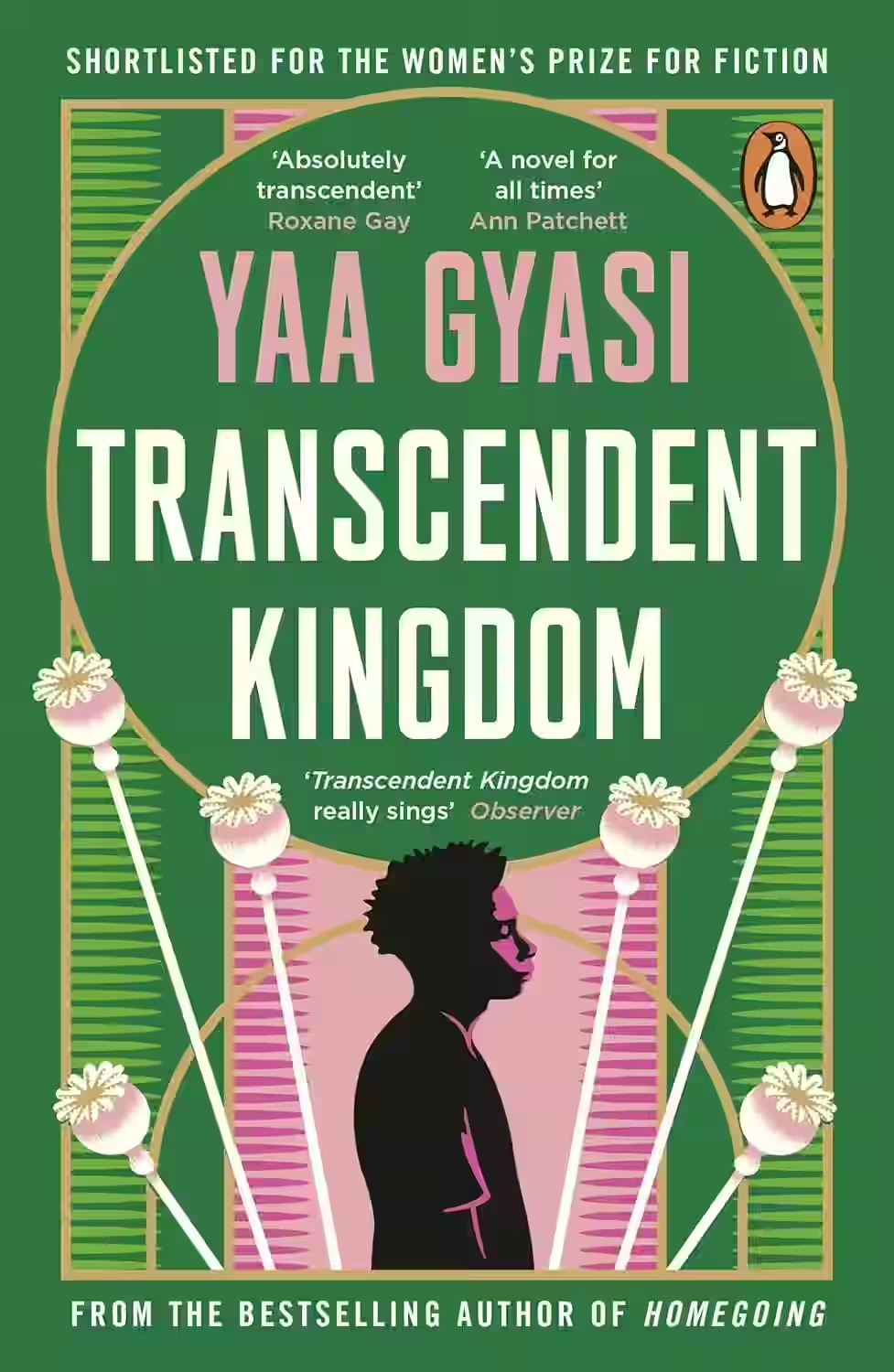
Yaa Gyasi’s Transcendent Kingdom follows Gifty, a Ghanaian-American neuroscientist grappling with her family's suffering and her own search for meaning. As she researches addiction and depression, she reflects on her brother’s opioid overdose, her mother’s depression, and her evangelical Christian upbringing. The novel explores the intersection of science, faith, grief, and the immigrant experience. With intimate prose and intellectual depth, Gyasi reveals how trauma and cultural identity shape one’s understanding of the world and the self.
About Yaa Gyasi
A Ghanaian-American novelist, who rose to prominence with her debut novel, Homegoing. Her work often explores the legacy of slavery, intergenerational trauma, and the complex history of Ghana and its diaspora. Gyasi's lyrical prose and ability to weave together multiple narratives across centuries offer a profound and intimate look at historical and contemporary issues of identity and belonging, solidifying her as a compelling voice in contemporary literature.
Other Books by Yaa Gyasi
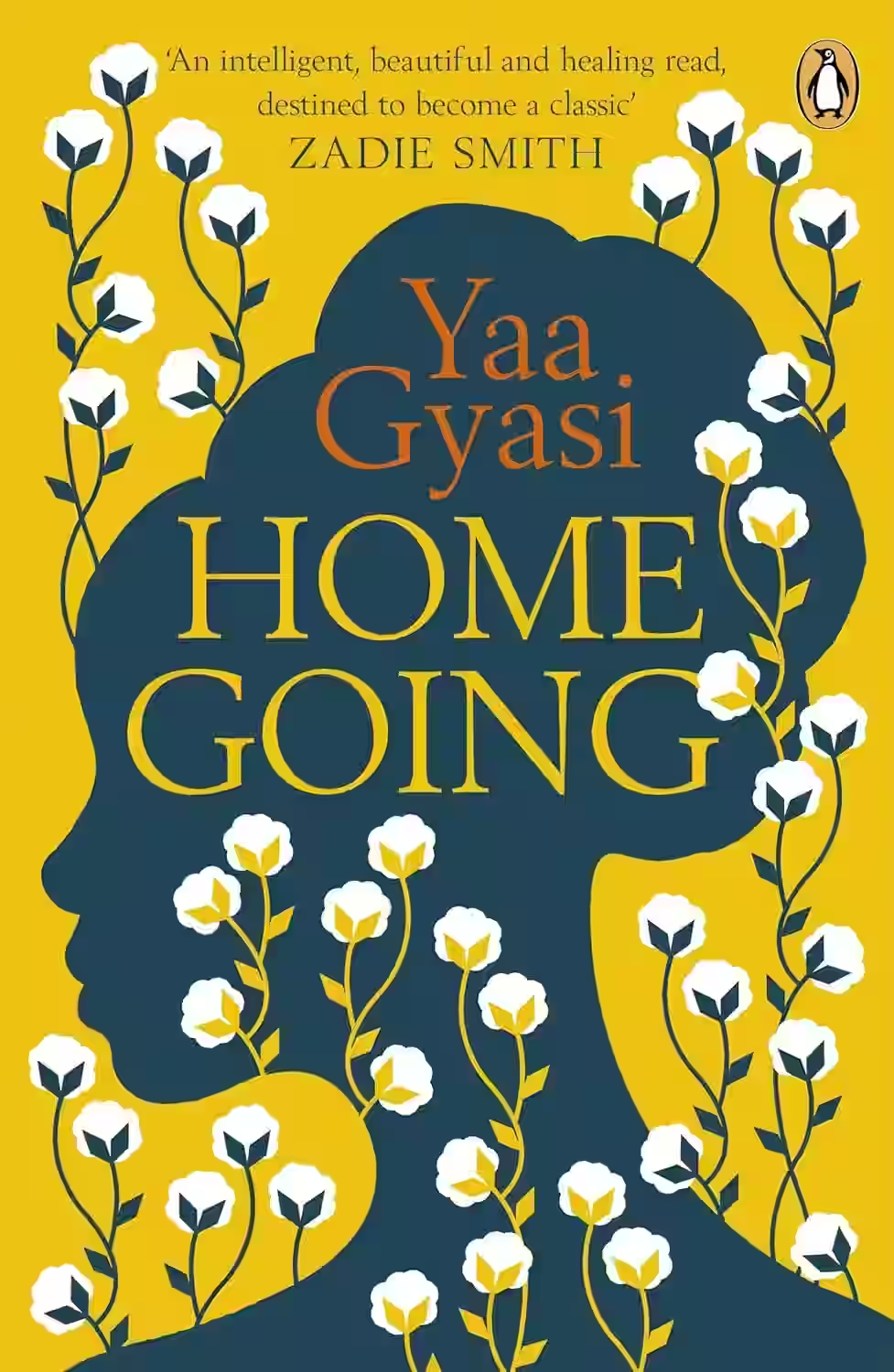
Homegoing
by Yaa Gyasi
Spanning 300 years and two continents, Homegoing traces the divergent fates of two half-sisters—one sold into slavery, the other married to a British colonizer. Each chapter follows a descendant, capturing the rippling effects of slavery, racism, and resilience through generations. Gyasi’s powerful debut is an ambitious, emotionally rich exploration of identity, heritage, and the enduring scars of history.
Similar Books
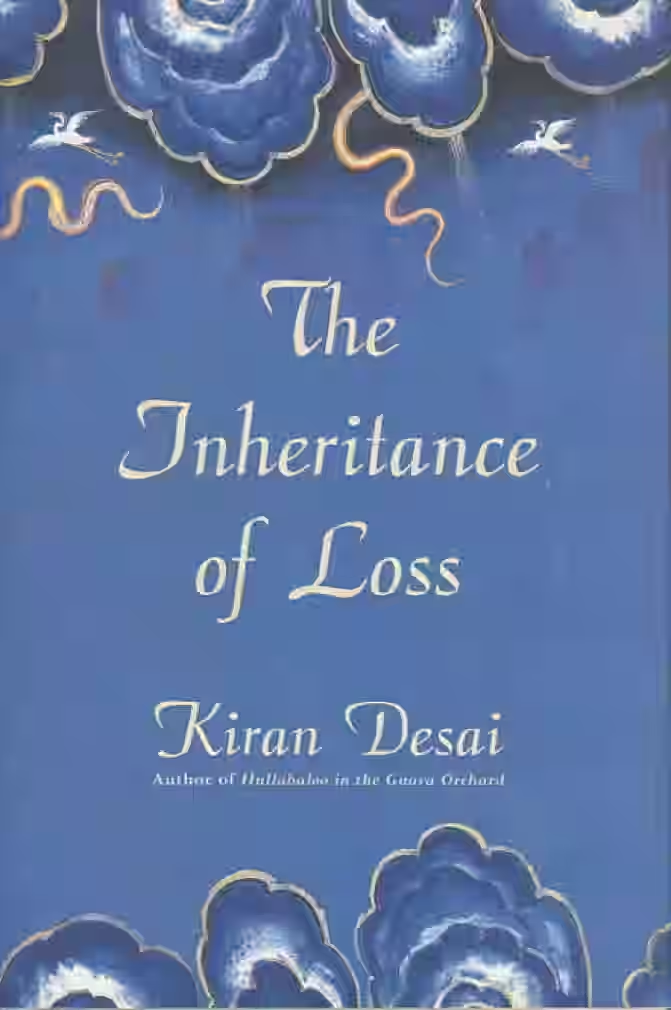
The Inheritance of Loss
by Kiran Desai
Set in the Himalayas during a time of political unrest, this Booker Prize winner follows a retired judge, his orphaned granddaughter, and their cook as they navigate personal and societal change. Interwoven with the cook’s son’s immigrant struggles in the U.S., The Inheritance of Loss examines colonial legacy, cultural dislocation, and fractured identities with lyrical poignancy.
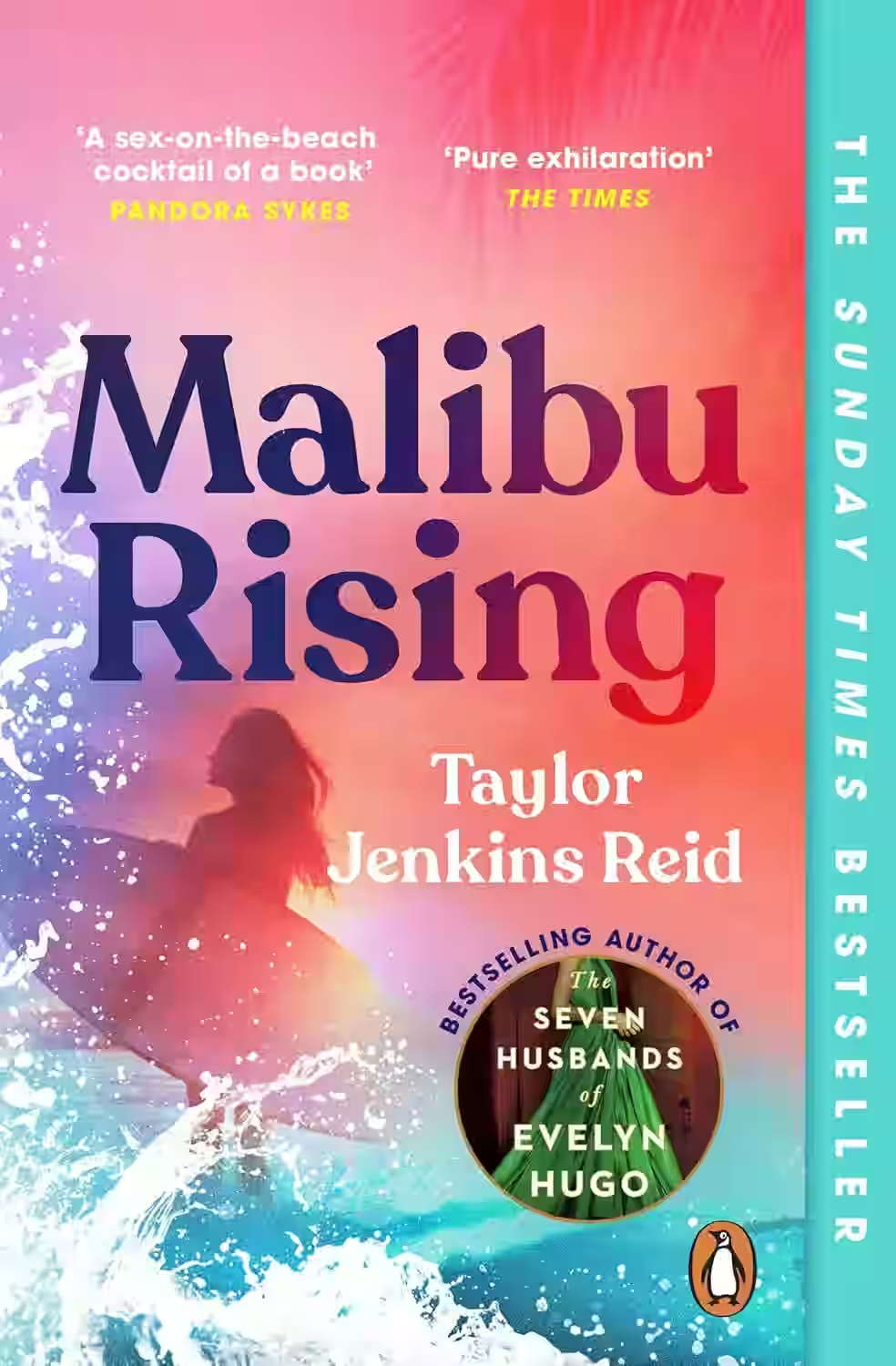
Malibu Rising
In 1983, the four Riva siblings—surfers and celebrities—throw their annual Malibu party. But as the night spirals, long-buried secrets rise, culminating in a fiery climax. Set against the backdrop of sun, surf, and fame, Malibu Rising explores family bonds, identity, and the cost of survival. Reid masterfully intertwines past and present in a fast-paced, emotionally rich novel about reinvention and resilience.
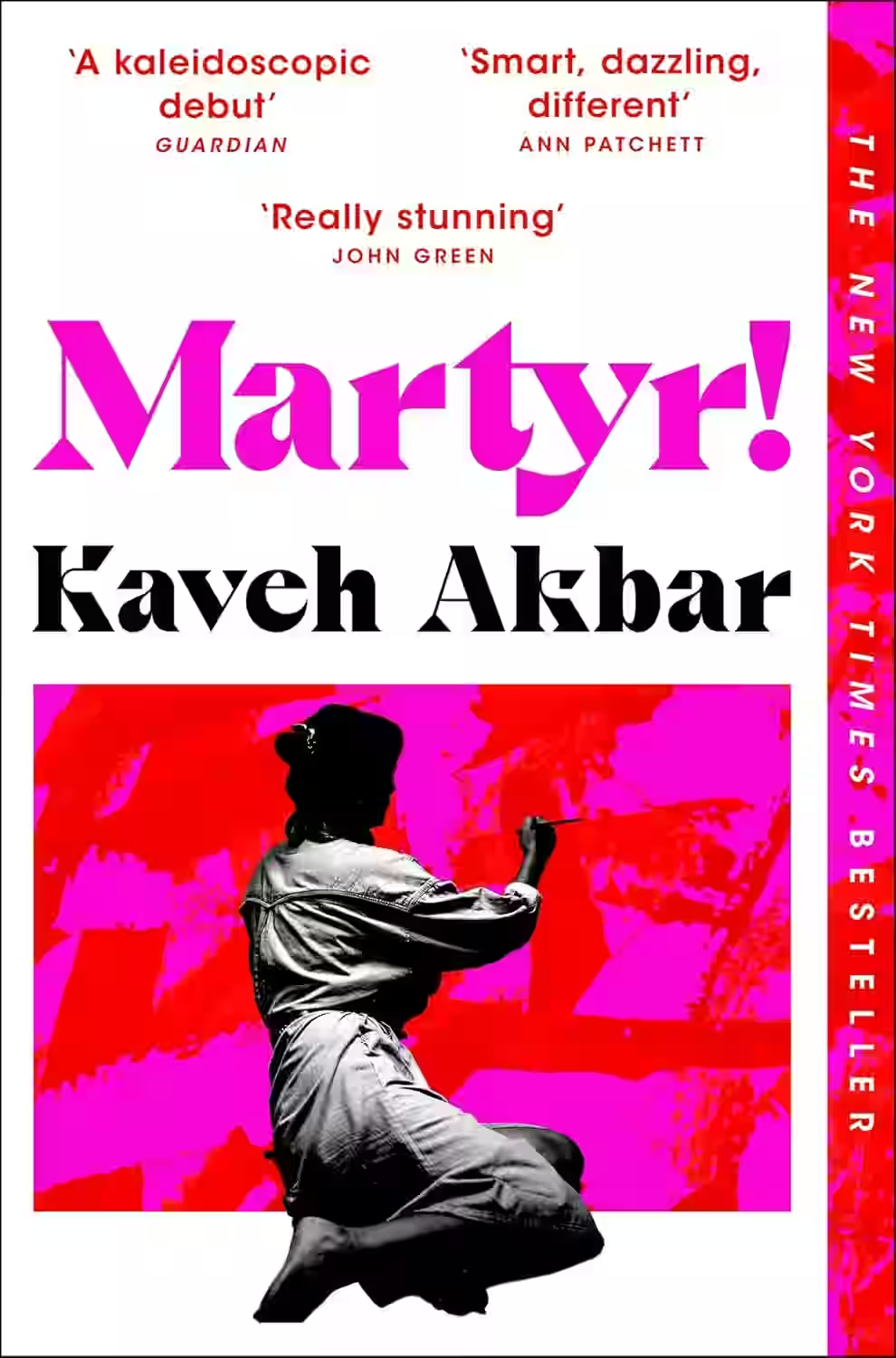
Martyr!
by Kaveh Akbar
Kaveh Akbar's debut novel, Martyr!, follows Cyrus Shams, a first-generation Iranian American poet grappling with the loss of his mother, who died in a tragic plane bombing. Haunted by grief and searching for meaning, Cyrus embarks on a journey that intertwines his personal struggles with broader themes of identity, legacy, and artistic expression. The narrative delves into the complexities of family, sacrifice, and self-discovery, highlighting the immigrant experience and the impact of loss. Akbar's prose offers a poignant reflection on the human condition and the quest for purpose.
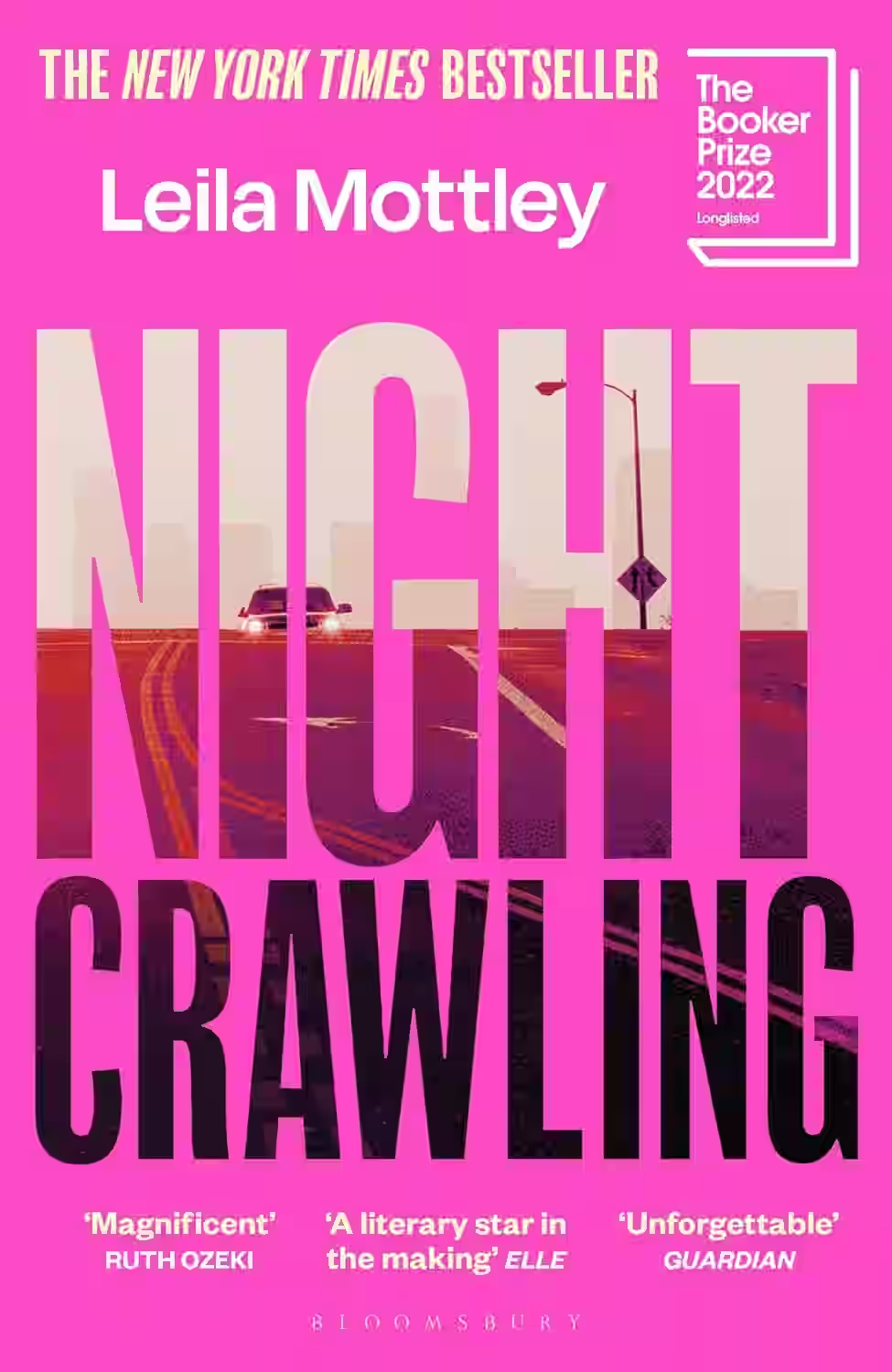
Nightcrawling
Nightcrawling by Leila Mottley is a powerful debut novel that follows Kiara, a Black teenager navigating poverty and systemic injustice in Oakland, California. After a tragic family crisis and with no reliable support, Kiara turns to sex work to survive, eventually becoming entangled in a police scandal involving abuse and corruption. Mottley, who wrote the novel at just 17, brings poetic intensity and raw vulnerability to Kiara’s voice. The novel explores themes of exploitation, resilience, and the desperate search for dignity in a world that routinely devalues Black lives. Nightcrawling is unflinching, heartbreaking, and deeply human.